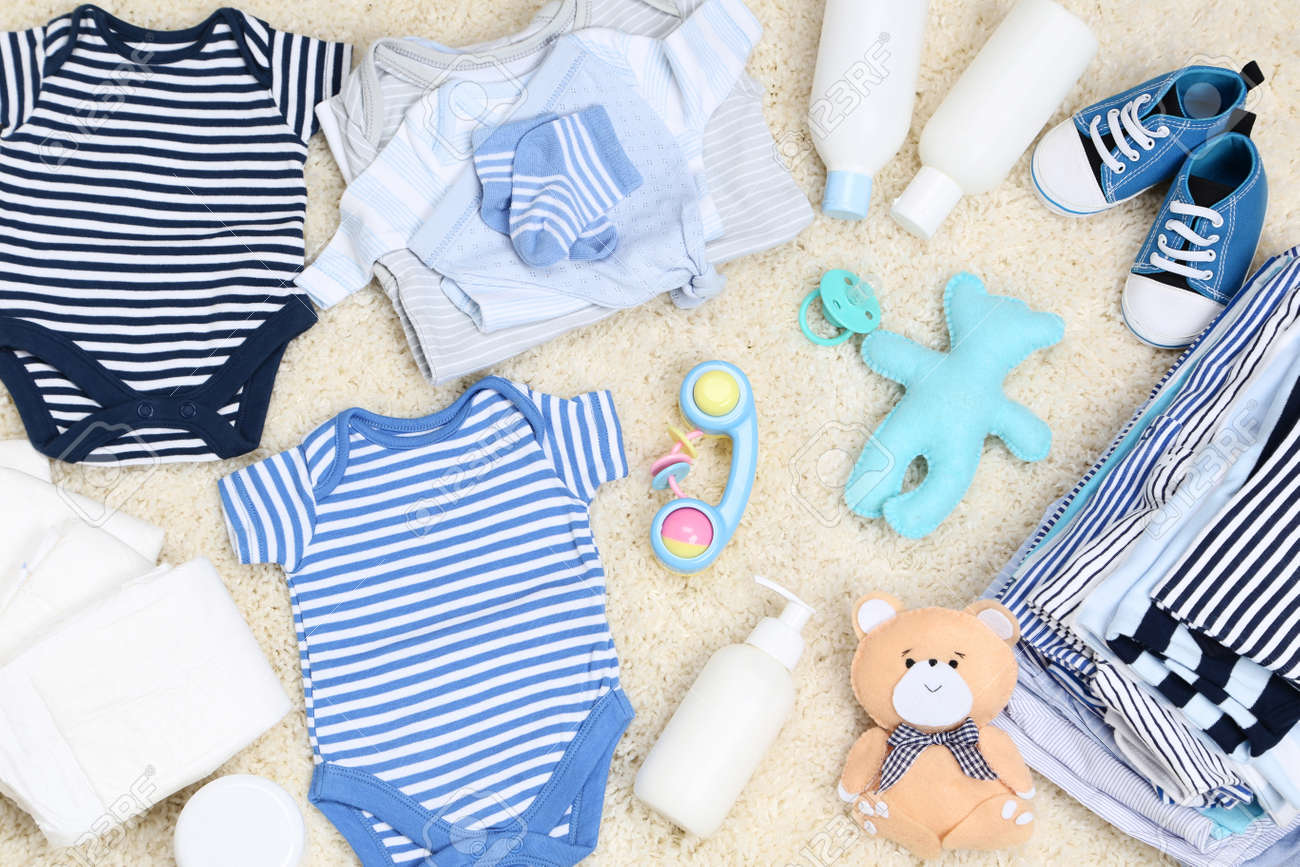Diaper duty is a crucial part of parenting, involving frequent diaper changes and ensuring your baby’s comfort and hygiene. Choosing the right diapering method can significantly impact your baby’s skin health and overall well-being. While disposable diapers are convenient, many parents are turning to natural options due to concerns about chemicals and environmental impact.
In this article, we explore natural diapering choices, provide practical tips for diaper duty, and highlight how to integrate these practices seamlessly into your parenting routine. By the end, you’ll have a comprehensive understanding of how to navigate diaper duty with natural alternatives.
The Case for Natural Diapering
Natural diapering options are gaining popularity as parents become more aware of the potential risks associated with disposable diapers. Traditional disposable diapers often contain chemicals like chlorine, fragrances, and dyes that can irritate a baby’s sensitive skin. Additionally, these diapers contribute significantly to landfill waste, taking hundreds of years to decompose.
Natural diapering options, such as cloth diapers and biodegradable disposables, offer a safer and more sustainable alternative. Cloth diapers, made from organic cotton or bamboo, are gentle on the skin and reusable. Biodegradable disposables break down more quickly and are free from harsh chemicals, providing a compromise between convenience and eco-friendliness.
Exploring Cloth Diapering
Cloth diapers have come a long way from the basic designs of the past. Modern cloth diapers are available in various styles, including prefolds, fitteds, pockets, and all-in-ones, each offering unique benefits. Prefolds are rectangular pieces of fabric folded to fit your baby and secured with a cover. Fitteds are contoured to fit snugly and also require a cover. Pockets and all-in-ones are designed for convenience, with built-in absorbency and waterproof layers.
Choosing the right type of cloth diaper depends on your lifestyle and preferences. Cloth diapering requires an initial investment, but it can save money in the long run compared to disposable diapers. Additionally, many cloth diapering families report fewer instances of diaper rash, likely due to the absence of chemicals found in disposables.
When using cloth diapers, proper washing and care are essential. A good wash routine includes pre-washing, washing with a suitable detergent, and ensuring thorough rinsing to prevent residue buildup. Drying can be done using a dryer or air drying, though sun drying is preferred for its natural stain-removing properties.
Biodegradable Disposable Diapers
For parents seeking a balance between convenience and sustainability, biodegradable disposable diapers are an excellent choice. These diapers are made from plant-based materials and are free from chlorine, fragrances, and other harmful chemicals. They decompose much faster than traditional disposables, reducing their environmental impact.
Biodegradable diapers come in various brands and styles, each offering different levels of absorbency and comfort. While they may be slightly more expensive than regular disposables, many parents find the peace of mind and environmental benefits worth the extra cost. It’s essential to choose a brand that meets your baby’s needs and fits well to prevent leaks and discomfort.
Natural Diaper Accessories
In addition to natural diapering options, using natural diaper accessories can further enhance your baby’s comfort and reduce exposure to harmful chemicals. Natural wipes, for instance, are made from organic cotton or bamboo and are free from synthetic fragrances and preservatives. These wipes are gentle on the skin and can be used for cleaning during diaper changes.
Diaper creams and ointments are also important for preventing and treating diaper rash. Opt for products with natural ingredients like calendula, shea butter, and coconut oil, which soothe and protect the skin without the risk of irritation. Avoid creams with petroleum, parabens, and artificial fragrances, as these can exacerbate skin issues.
Another essential accessory is a diaper pail for storing soiled diapers until laundry day. For cloth diapers, a wet bag is a must-have for containing moisture and odors. Choose a pail or bag made from non-toxic materials to ensure safety and hygiene.
Integrating Natural Diapering into Your Routine
Incorporating natural diapering into your daily routine requires some adjustment but can be seamlessly integrated with a bit of planning. Start by gradually introducing cloth or biodegradable diapers alongside your current diapering method. This approach allows you to become familiar with the new routine without feeling overwhelmed.
Establishing a consistent diapering schedule is key to managing diaper duty efficiently. Change diapers promptly to avoid rashes and discomfort, and ensure you have all necessary supplies within reach. Keeping a well-stocked diaper station with natural diapers, wipes, creams, and a wet bag will make diaper changes smoother and quicker.
Incorporating natural diapering can also extend to other aspects of baby care, such as using organic baby feeding accessories. These accessories, including bottles and utensils, are free from harmful chemicals like BPA and phthalates, ensuring a safer feeding experience. By choosing natural products for all aspects of baby care, you create a healthier environment for your little one.
Common Challenges and Solutions
Switching to natural diapering options may come with some challenges, but these can be easily managed with the right strategies. One common concern is the increased laundry load associated with cloth diapers. To address this, establish a regular washing schedule and consider investing in additional diapers to reduce the frequency of washes.
Leakage is another issue some parents encounter, especially during the transition period. Ensuring a proper fit and using absorbent inserts can help prevent leaks. Additionally, changing diapers more frequently can reduce the risk of leaks and keep your baby comfortable.
For those using biodegradable disposables, finding a reliable brand that suits your baby’s needs is crucial. Some brands may work better for daytime use, while others are more suitable for overnight protection. Experimenting with different brands and styles can help you find the perfect fit.
Environmental and Health Benefits
Choosing natural diapering options offers numerous benefits for both the environment and your baby’s health. Cloth diapers and biodegradable disposables significantly reduce the amount of waste sent to landfills, contributing to a cleaner planet. By avoiding harmful chemicals, these diapers also protect your baby’s delicate skin from irritation and potential health risks.
Moreover, using natural diapering options promotes a more sustainable lifestyle. Many parents find that making eco-friendly choices in one area of parenting encourages them to adopt similar practices in other aspects of their lives. This holistic approach to sustainability can have a lasting positive impact on the environment and future generations.
Role of Education and Community Support
Educating yourself and seeking support from the parenting community can make the transition to natural diapering smoother and more enjoyable. Numerous online resources, forums, and social media groups are dedicated to cloth diapering and natural parenting. These platforms provide valuable information, tips, and support from experienced parents.
Attending local parenting workshops or joining a cloth diapering group can also be beneficial. These gatherings offer hands-on demonstrations, allowing you to see different diapering options in action and ask questions. Connecting with other parents who share your commitment to natural parenting can provide encouragement and inspiration.
Long-Term Impact of Natural Diapering
The decision to use natural diapering options goes beyond immediate benefits; it sets the foundation for a more conscious and sustainable lifestyle. By prioritizing eco-friendly practices, you instill values of environmental stewardship and health consciousness in your family. These values can influence your child’s understanding of sustainability and their role in protecting the planet.
As your baby grows, you may find that the habits developed during diaper duty extend to other areas of parenting. From choosing organic foods to reducing plastic usage, the principles of natural diapering can guide your family’s journey towards a greener and healthier future.
Embracing Natural Diaper Duty
Diaper duty is an integral part of parenting, and choosing natural options can enhance this experience for both you and your baby. By opting for cloth diapers, biodegradable disposables, and natural accessories, you prioritize your baby’s health and contribute to a more sustainable world.
While the transition to natural diapering may require adjustments, the long-term benefits for your family and the environment are worth the effort. Embrace the journey with confidence, knowing that your choices are making a positive difference. As you navigate diaper duty with natural options, you’ll find a sense of fulfillment in providing the best care for your baby while fostering a greener future for all.





